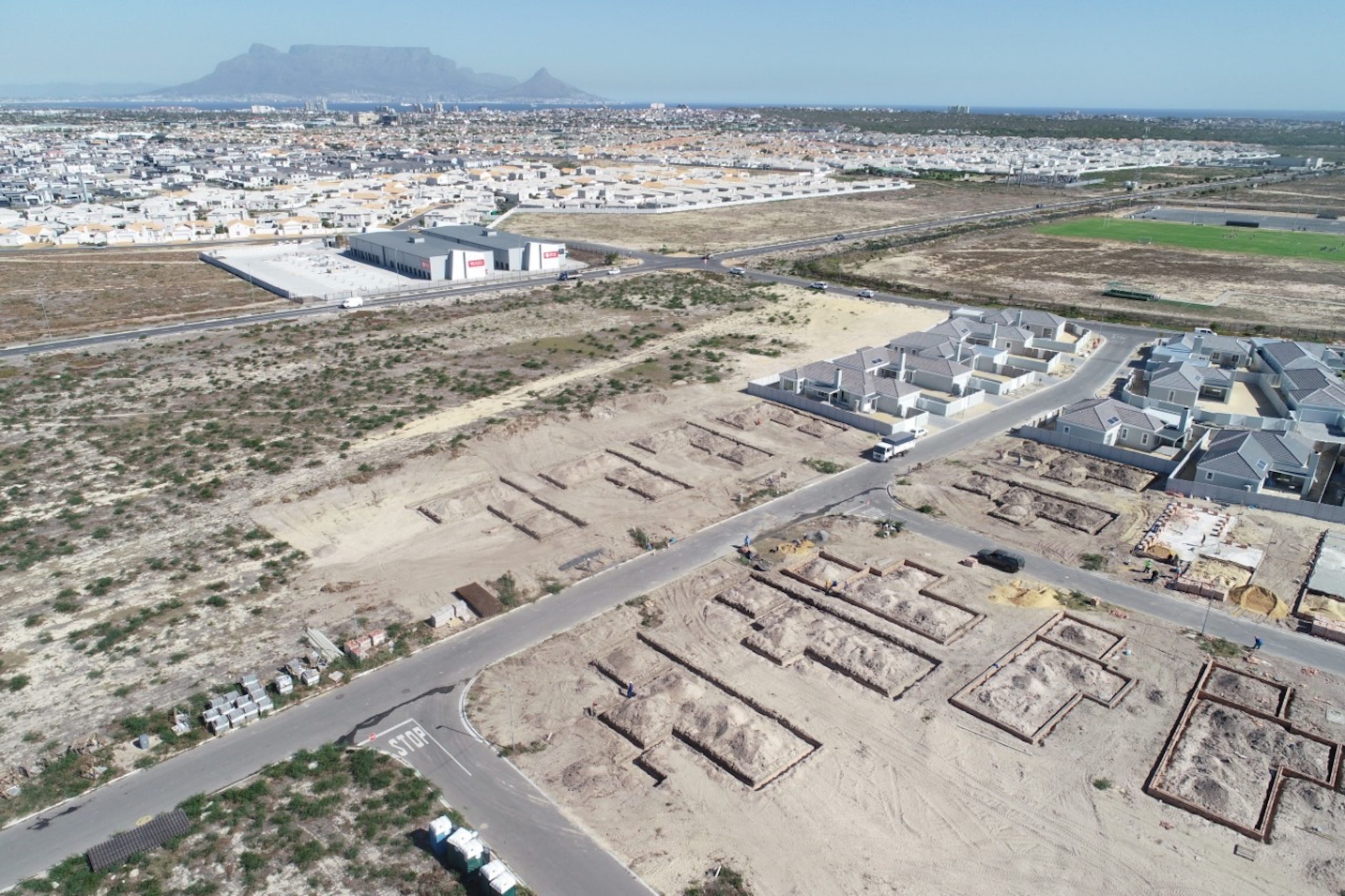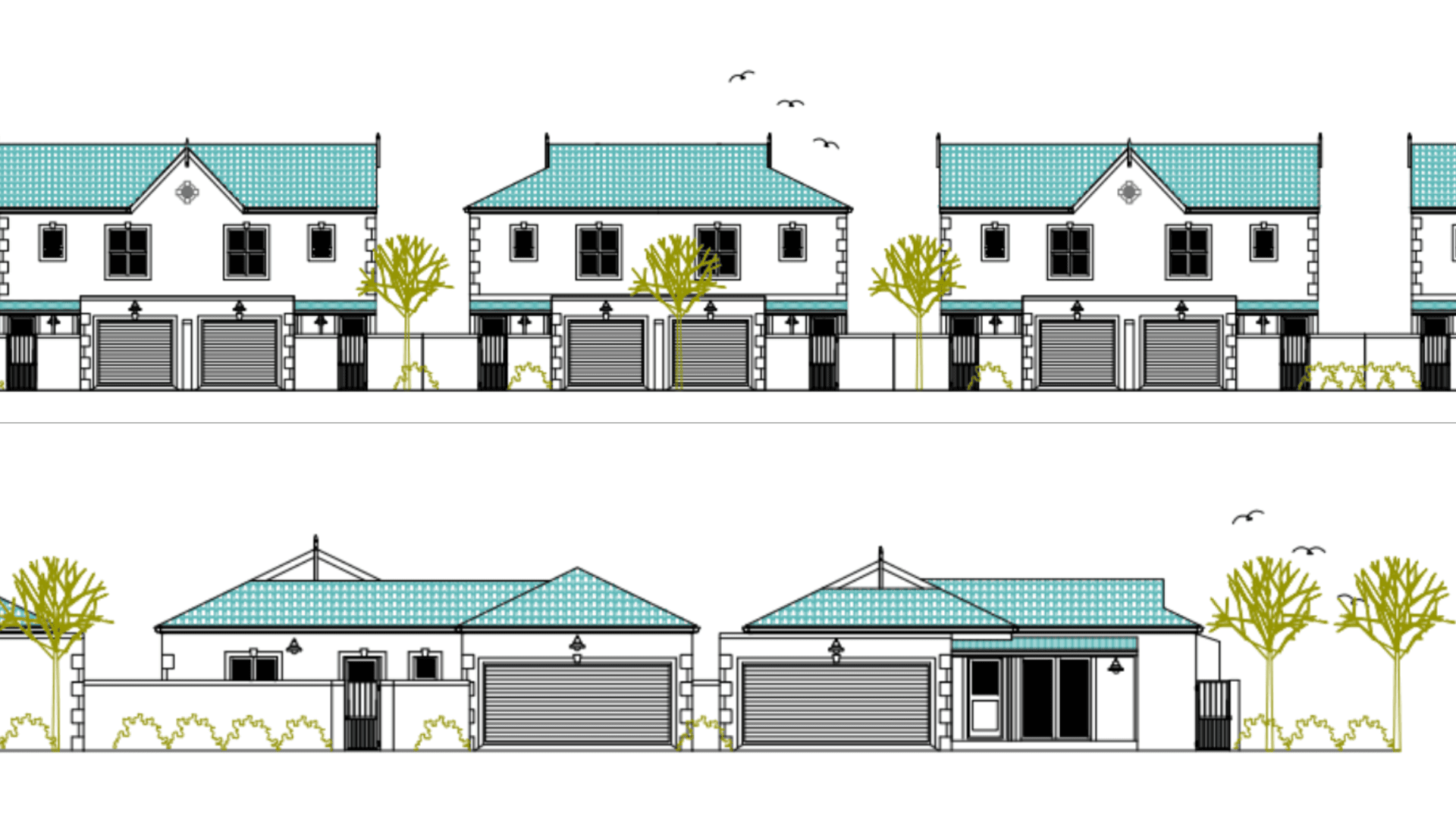The Western Cape’s oldest residential development company, 100-year-old Garden Cities, has taken a lead in the application of South Africa’s most up-to-the-minute construction code.
Five years ago, the company’s board had already adopted the new SANS 10400-XA regulations related to green building, and has drafted guidelines for interpretation of the code as well as its practical application. Produced by the South African Bureau of Standards, the rules set the standard for environmental sustainability and energy usage in buildings, and now form part of the National Building Regulations.
‘We embraced many of the principles of the code well in advance of the publishing of the regulations and have now produced guideline documents at all levels in order to comply fully with the code,’ said CEO of Garden Cities, John Matthews. The documents include an executive summary, the company’s environmental policy and a green building framework, all to serve as its reference for all involved in current and future development.
The company has also produced written guidelines for use by buyers and occupants to help them live and benefit from the green principles and options that are fast taking over the commercial and residential property environment in South Africa. Innovations such as giving residents their own earthworm farms and recycling bins are under consideration.
The working documents and guidelines are all in line with the principle of ‘R to the power of three’ – Recycle, Reduce and Re-use, says Matthews. The Garden Cities Board believes that with the scale of the company’s operation it is in a position to have a significant impact on changing the mindset of the wider community to adopt green solutions.
‘Being nearly 100 years old, Garden Cities is of course, through its history of construction, conversant and compliant with many of the principles enshrined in the new code, including concerns with insulation and fenestration,’ said Matthews. ‘Many of the new principles have been part of our construction philosophy since the very beginning,’ he said.
The company also took steps, in advance of the publishing of the code, to introduce conservation measures such as heat pumps or solar panels for domestic hot water in their new residential construction.
Among the measures being taken in Garden Cities homes are under-roof-tile reflective insulation and ceiling boards coated with a layer of insulation. Hot water storage cylinders are insulated and served by heat pumps, which use 70% less electricity than conventional geysers, or, in some instances, solar panels are installed. Timing switches to disconnect pumps at low-use times are also provided.
Window sizes are determined by their position on the different elevations of the house so that heat loss and gain can be controlled. Windows, in addition to being size-appropriate, will also be subject to further modification to prevent heat transmission.
‘The code provides the way forward for South African construction. It will in the long term make an enormous difference to the conservation of energy and enhance the sustainability of our resources,’ says Matthews.





